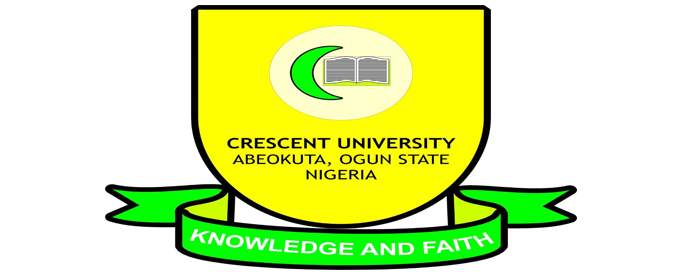NIGERIA AND IT’S EDUCATIONAL SYSTEM CHALLENGES
Education is said to be the best legacy but not in the situation of Nigeria whereby it educational system has been faced with many challenges ranging from poor infrastructure, inadequate funding, low teacher quality, high student-teacher ratios, and frequent teacher strikes among other.
The system of Education in the country has been deteriorating since inception whereby this has been a big challenge for the upcoming children vying to learn the basic knowledge of education needed for the betterment of their future.
Across many state in Nigeria, Poor infrastructure facilities has significantly hinder the quality of education by creating inadequate learning environments, impacting student engagement, academic performance, and overall access to education, particularly in rural areas, due to a lack of basic facilities like proper classrooms, laboratories, libraries, and even furniture, making it difficult for students to learn effectively in a conducive setting.
According to report, Nigeriaâs tertiary education system has faced significant challenges in the last eight years associated with inadequate budget allocations.Â
A survey of Nigeriaâs budgetary allocations for the educational sector in the last eight years shows that the countryâs investment in education has remained relatively low compared to the ideals set by UNESCO.Â
In its World Education Forum 2015 report, UNESCO recommended that its member countries allocate at least 15 â 20% of their budget to education.Â
Nigeria is yet to attain this international benchmark eight years after it was recommended.Â
The data  for Nigeriaâs educational budget shows that In 2016, the National Assembly approved a total budget of N6.06 trillion, with N480.28 billion (7.9%) allocated to the education sector. In 2017, the industry received N448.44 billion (6.1%) from the N7.3 trillion total budget.
In 2018, the total budget approved was N9.2 trillion, and the education sector received N651.23 billion (7.1%). In 2019, the total budget was N8.83 trillion, and the education sector received N745.53 billion (8.4%).
In 2020, the education sector received N686.82 billion (6.5%) from the total approved budget. In 2021, N742.52 billion was allocated to the industry, accounting for a mere 5.6% of the total budget.
In 2022, out of the N17.13 trillion budget, the education sector received N923.79 billion (5.4%). Finally, in 2023, the education sector was allotted N1.79 trillion (8.2%) out of the N21.8 trillion budget.
Also one of the issues affecting educational system in Nigeria is that of Asuu  strikes whereby many Nigerians parent now patronize Private Universities, by taking  their wards there due to lack of strike that can hinder their children in using 5 to 6 year in studying a course that is not more than 4 years in a private institution.
According to report ASUU strikes has increasingly disrupted academic calendars across the country, leading to delayed completion of studies.
According to data been gathered, In December 2011, ASUU initiated a strike to address issues such as inadequate university funding and a proposal to raise the retirement age for professors from 65 to 70. The strike was called off on 1 February 2012 after the government increased the retirement age and committed to investing more in the university system.
Again, starting on 1 July 2013, ASUU embarked on a strike to demand the implementation of the 2009 MOU (Memorandum of Understanding) and payment of Earned Academic Allowances owed to lecturers. The strike lasted five months and 15 days, ending on 17 December 2013.
Also, on 17 August 2017, ASUU declared an indefinite strike due to frustrations and dissatisfaction among its members. The strike lasted for one month before it was called off.
ASUU declared another indefinite nationwide strike in November 2018, citing the governmentâs failure to meet their demands, which included funding to revitalise public universities. The strike was called off on 7 February 2019, with a warning of resumption if the government did not fulfil its commitments.
In March 2020, ASUU embarked on a strike related to the non-payment of salaries for members who refused to enrol in the governmentâs Integrated Personnel and Payroll Information System (IPPIS). The strike was scheduled to begin on 24 March but coincided with the closure of universities due to the COVID-19 pandemic. Universities remained closed until October 2020, resulting in a nine-month strike period.
ASUU also initiated a nationwide strike in February 2022, which persisted for eight months, leading to the closure of public universities. After eight months of disruption, the strike was suspended on 14 October 2022.
To improve the situation, significant investments are needed to upgrade educational infrastructure across Nigeria, including building new schools, renovating existing facilities, providing necessary equipment, and ensuring proper maintenance to create a conducive learning environment for all students.
And also the government need to fulfilled their promise on the amount they budgeted on educational system by disbursing it to each levels ( Federal, state and local government) across the country so has to help them in improving the standard of education in the country.
435 total views, 2 views today


